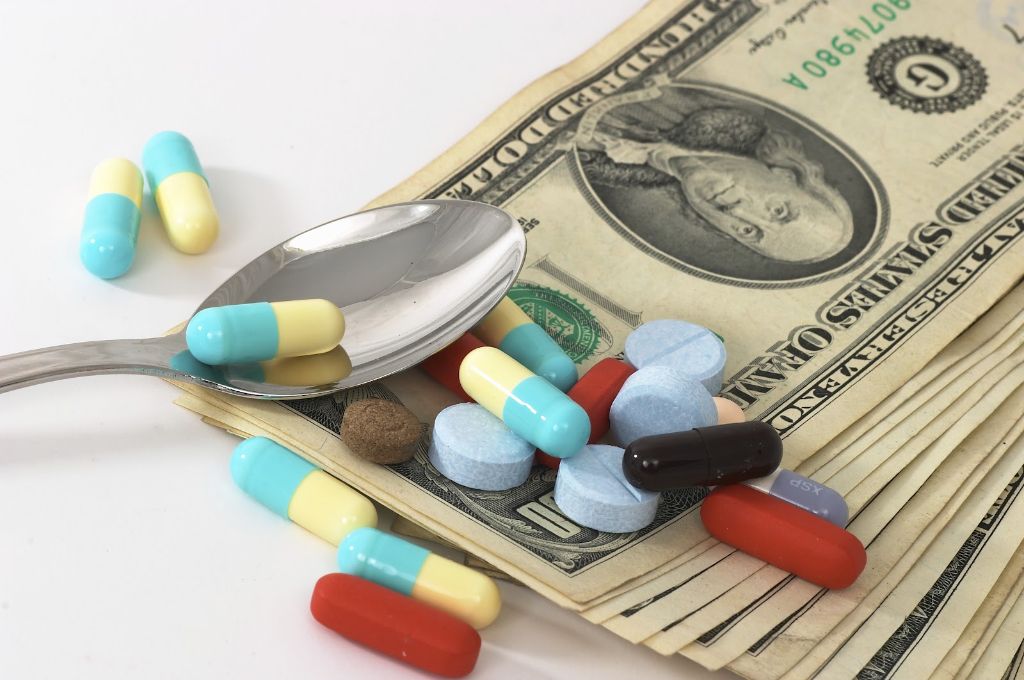
With the average cost of getting a novel drug to market at almost $2.5 billion, and few products achieving blockbuster status, deal-making is becoming increasingly vital for pharmaceutical companies to offset rising Research and Development (R&D) costs, says business intelligence provider GBI Research.
The company’s latest CBR Pharma report* states that pharmaceutical companies are considering various strategies to overcome the current challenges, which also include shifts in patent laws and the struggling global economy, with deal-making the foremost method of boosting short-term revenues.
Priyatham Salimadugu, Analyst for GBI Research, says deal activity can help pharma firms to enhance their research and regulatory approaches, and can aid portfolio expansion and diversification, geographic expansion, entry into niche markets, commercialization, and sales.
Salimadugu explains: “Small companies that primarily carry out research, development and production activities are looking towards entering into agreements with key industry leaders. They are seeking to utilize their strengths in terms of commercialization expertise and global presence in order to boost their revenues.
“Meanwhile, big pharma corporations keen to secure novel and promising molecules are willing to co-operate with small players to expand their portfolios and reduce R&D risks.”
The analyst adds that the shift from small molecules to large molecules, such as antibodies and proteins, has created new opportunities in the pharmaceutical industry, leading to increasing deal numbers.
GBI Research’s report also states that overall pharmaceutical deal values remained between $110 billion and $160 billion from 2010 to 2014, but will rise markedly this year, with a total value of $261 billion already amassed by the end of July 2015, and further increased by more recent deals.
Salimadugu continues: “Deal volume and value have so far increased in 2015 compared with 2014. This creates a pyramid whereby more companies are developing drug molecules at the bottom of the pyramid, than commercializing them at the top, as typified by Pfizer’s recent $160 billion takeover of Allergan.
“Partnerships were the most popular type of deal between January 2014 and July 2015, followed by licensing deals and acquisitions. Though acquisitions were fewer, the disclosed deal value for this category was the highest.”
